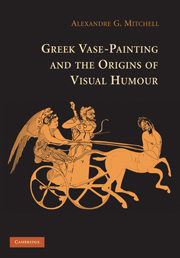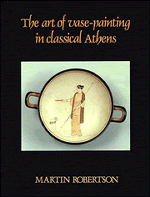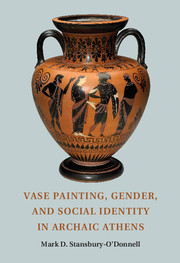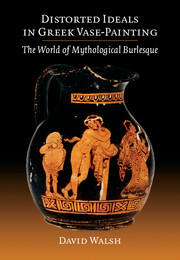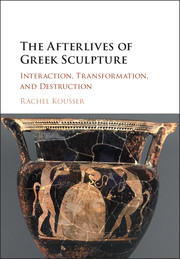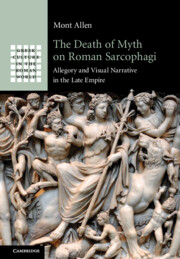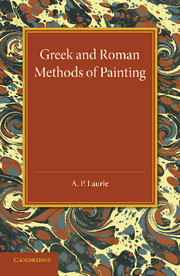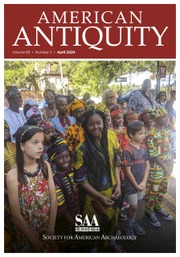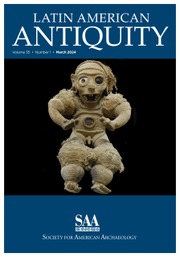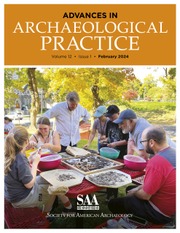Greek Vase-Painting and the Origins of Visual Humour
£105.00
- Author: Alexandre G. Mitchell, University of Oxford
- Date Published: November 2009
- availability: Available
- format: Hardback
- isbn: 9780521513708
£
105.00
Hardback
Other available formats:
Paperback, eBook
Looking for an inspection copy?
This title is not currently available on inspection
-
This book is a comprehensive study of visual humour in ancient Greece, with special emphasis on works created in Athens and Boeotia. Alexandre G. Mitchell brings an interdisciplinary approach to this topic, combining theories and methods of art history, archaeology and classics with the anthropology of humour, and thereby establishing new ways of looking at art and visual humour in particular. Understanding what visual humour was to the ancients and how it functioned as a tool of social cohesion is only one facet of this study. Mitchell also focuses on the social truths that his study of humour unveils: democracy and freedom of expression; politics and religion; Greek vases and trends in fashion; market-driven production; proper and improper behaviour; popular versus elite culture; carnival in situ; and the place of women, foreigners, workers and labourers within the Greek city. Richly illustrated with more than 140 drawings and photographs, this study amply documents the comic representations that formed an important part of ancient Greek visual language from the sixth to the fourth centuries BC.
Read more- A systematic study of Greek visual humour
- Over 100 vectorised and accurate drawings of vases which took over one year to produce; the 'readability' of the images far exceeds many photographs
- Includes analytical tables of comic representations according to different themes, painters and techniques
Reviews & endorsements
Review of the hardback: 'The author is thorough and I can think of no genre of Greek humour which he has overlooked, and he has been as thorough with the relevant literary evidence as with the representational. The book is very fully illustrated.' Bryn Mawr Classical Review
See more reviewsReview of the hardback: 'Caricature, parody, overt sexual imagery, drunkenness, gender stereotyping, and the deconstruction of myths are investigated, categorized, and interpreted with exemplary thoroughness and psychological subtlety.' Columbia University: Choice Review
Review of the hardback: 'This broad survey of scenes of visual humor will serve as a valuable starting point for further research. The extensive lists and citations will make the book an aid for further work on humor and should encourage more synthesis and refinement of theoretical approaches to visual humor.' American Journal of Archaeology
Customer reviews
Not yet reviewed
Be the first to review
Review was not posted due to profanity
×Product details
- Date Published: November 2009
- format: Hardback
- isbn: 9780521513708
- length: 398 pages
- dimensions: 260 x 186 x 25 mm
- weight: 1.02kg
- contains: 144 b/w illus. 12 tables
- availability: Available
Table of Contents
1. Introduction
2. Humour in the city: the world of men, women and animals
3. Humour in the city: gods, heroes and myth
4. Satyrs and comic parody
5. Caricatures in Athens and at the Kabirion sanctuary in Boeotia
6. Conclusion: vases, humour and society.
Sorry, this resource is locked
Please register or sign in to request access. If you are having problems accessing these resources please email [email protected]
Register Sign in» Proceed
You are now leaving the Cambridge University Press website. Your eBook purchase and download will be completed by our partner www.ebooks.com. Please see the permission section of the www.ebooks.com catalogue page for details of the print & copy limits on our eBooks.
Continue ×Are you sure you want to delete your account?
This cannot be undone.
Thank you for your feedback which will help us improve our service.
If you requested a response, we will make sure to get back to you shortly.
×
